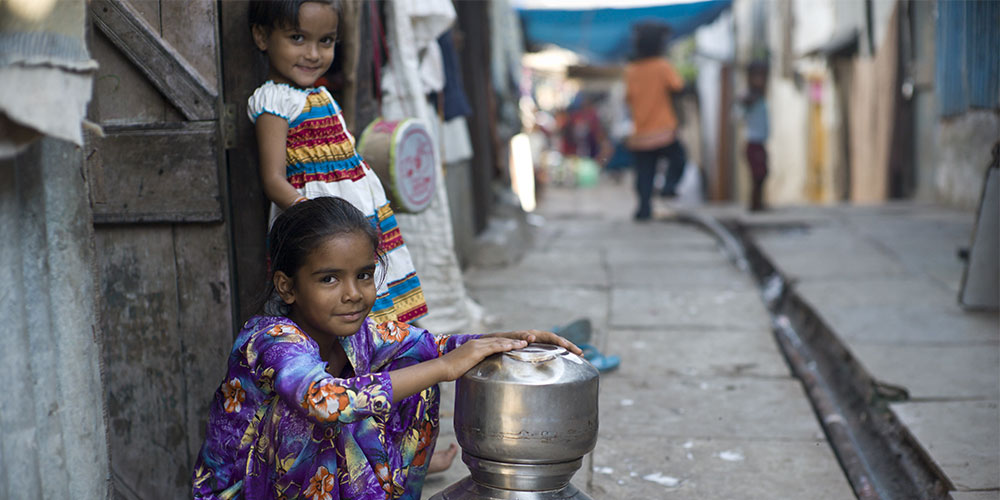The per capita water availability depends upon the population of the country and with the increasing population; the per capita availability of India is reducing and is expected to reach 1,367 cubic meters in 2021. As per Niti Aayog, 21 major cities (including Delhi, Bengaluru, Chennai, and Hyderabad) are racing towards zero groundwater levels, affecting access for 100 million people. In such a situation we need to look for alternate sources of water to meet our ever-increasing demands as water conservation and efficient use will not suffice.

The use of treated wastewater has the potential to become the next most important source of water, as it will not only increase the water quantity but also has a twofold benefit for the environment: it avoids tapping into natural resources and significantly reduces pollutant discharges. Therefore, wastewater management in India, at municipal level and decentralised manner, is the need of the hour.
However, it has been observed that the use of treated wastewater projects across the globe suffers with social acceptance. People are comfortable with the use of treated wastewater for non-potable purposes but are skeptical for personal use due to ‘yuck factor'. Studies have shown that this can be addressed by sensitizing the people by educating them about the issue. Various successful case studies like Singapore's NEWater that takes care of the country's 40 per cent of current water needs and is expected to meet up to 55 per cent of future water demand by 2060; and Namibia fulfilling its water needs by recycling wastewater for almost 50 years had taken numerous steps to address the disgust factor through awareness and education among the people. This involved allowing visitors to have firsthand experience by having a tour of their wastewater treatment plant, organizing various programmes to involve students to build a sense of responsibility and acceptance of the treated wastewater. Similar practices have been seen across various countries like the United States, Australia, Netherlands, China, etc.
India due to its pressing needs of adequate water supply in the future also stepped its foot in the treatment and reuse of wastewater. LOcal Treatment of Urban Sewage Streams for Healthy Reuse (LOTUSHR), a five-year collaborative project by the Department of Biotechnology, Government of India with Dutch scientists is one of the steps in this direction. Like other projects, the project also has a fear of acceptability and perception barriers. Therefore, awareness and capacity building of people has been added as a major component in the project to seek understanding about the social, economic, and institutional barriers towards the reuse of treated wastewater. To start with, a pre-assessment of the households near the project site (Barapullah Drain – the oldest drain in Delhi) was carried out. It was found that the people had their apprehensions in accepting the use of treated wastewater. Our analysis showed that lack of awareness and education are the major factors of this restriction. Also, it was interesting to note, that the major source of information to these households was their school going kids. Thus, it was decided to create awareness amongst the school students to leverage the use of treated wastewater in these locations as a model for others across India.
Young children act as change makers in spreading awareness to bring about environment sensitization in neighbouring communities towards natural resources. So a non-formal education module was developed to involve school students to create awareness and to bring about behavioral and attitudinal change towards wastewater generation, its treatment, and reuse. The non-formal education module involved interactive joyful learning sessions, hands-on experience, exposure trips, and action projects led by students. The project thus aims to develop peer leaders who can help their community people overcome the prevailing disgust factor for treated wastewater and accept it to meet their future water demand.
Do follow us to know more about the students' perception of treated wastewater and its reuse that is captured through TERI's outreach programmes in select schools.
